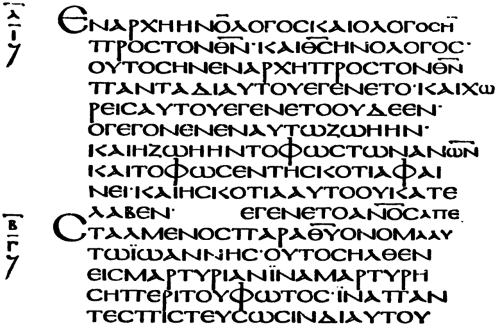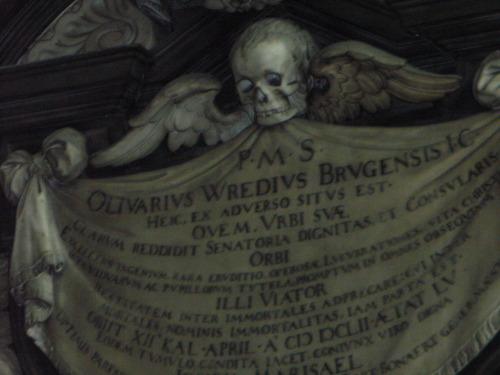
Faintly the voices are flying to me;
Fragments and snatches fall here and fall there.
Shall I draw nearer, or will the song flee?
Pines of the forest are dark, yet I see
The light of a fire, all blazing and fair—
Faintly the voices are flying to me.
Strange is the melody, wild, and free,
Chanting of happiness, love, and despair.
Shall I draw nearer, or will the song flee?
Softly I steal through the dim-lighted lea,
Earnestly seeking that uncanny air.
Faintly the voices are flying to me.
Almost I catch it; again it breaks free.
What is this song, so familiar, so rare?
Shall I draw nearer, or will the song flee?
Finally I break through, the brightness I see!
Then blackness, and silence, and nothing is there.
Faintly the voices are flying to me:
Shall I draw nearer, or will the song flee?


